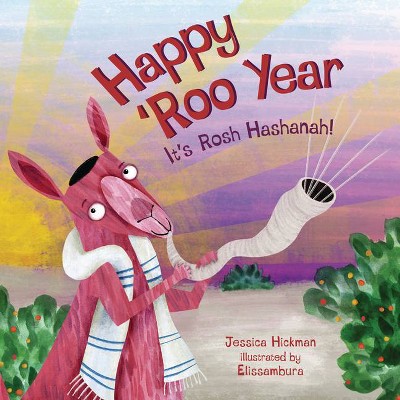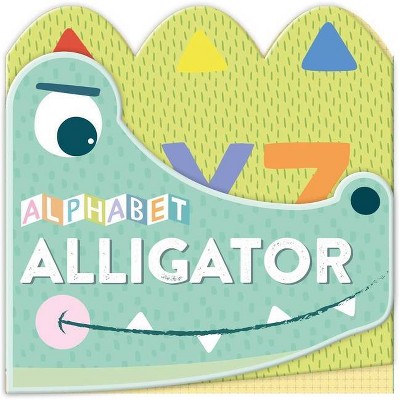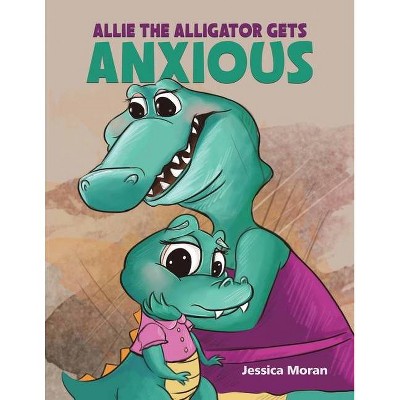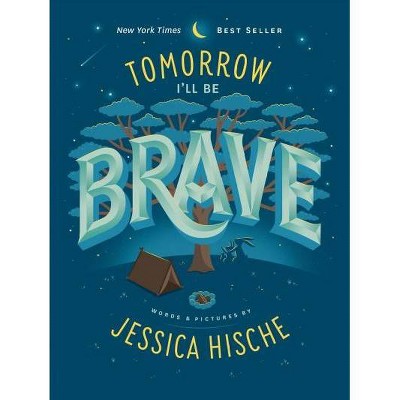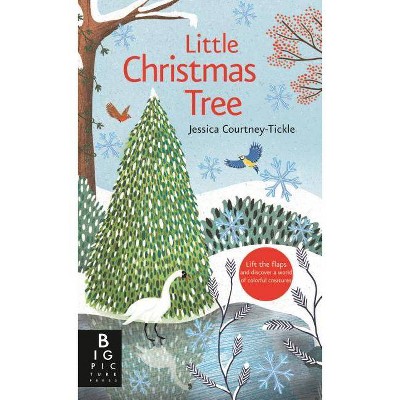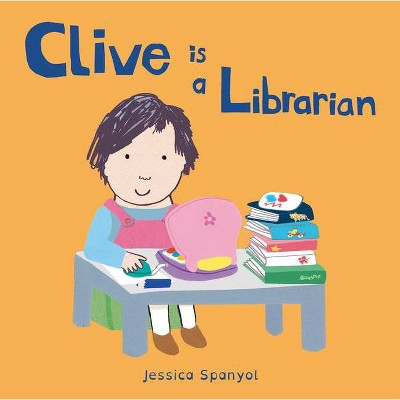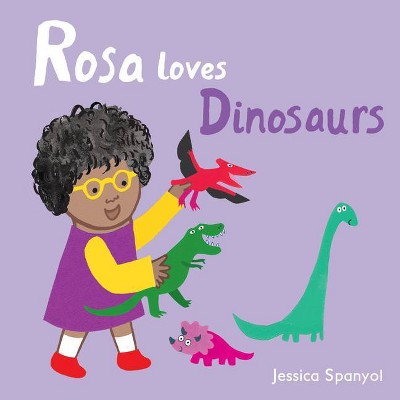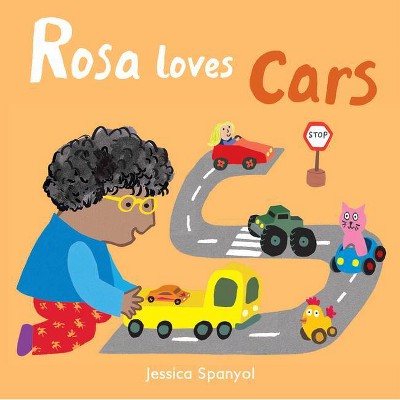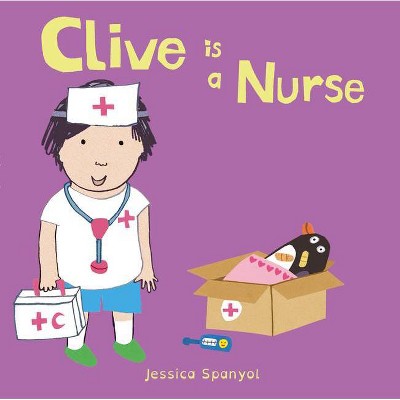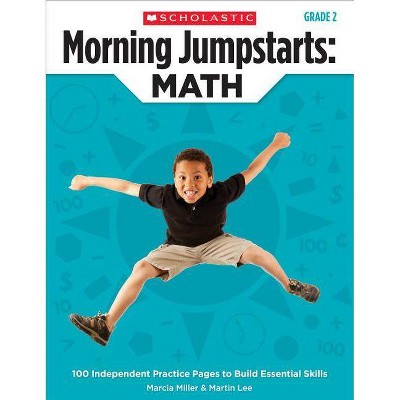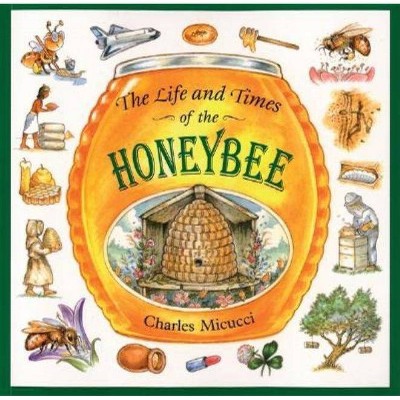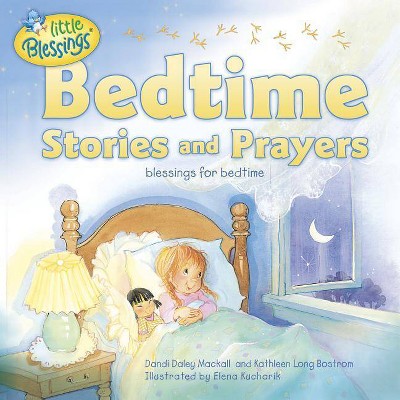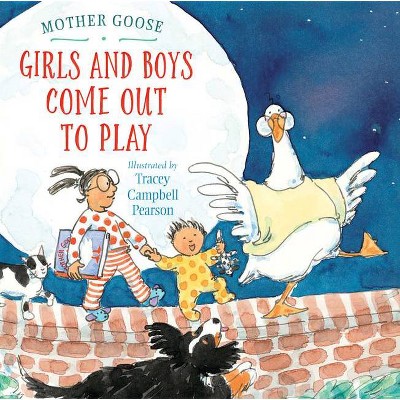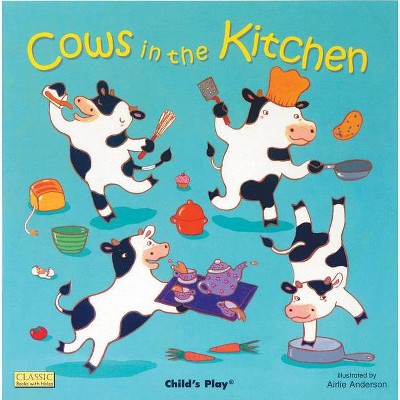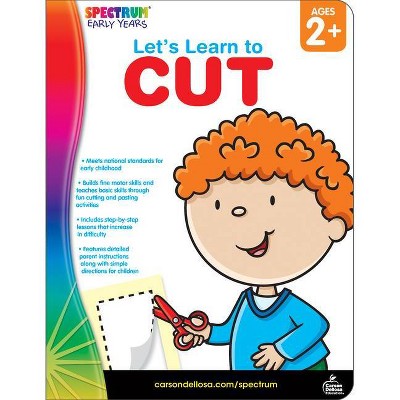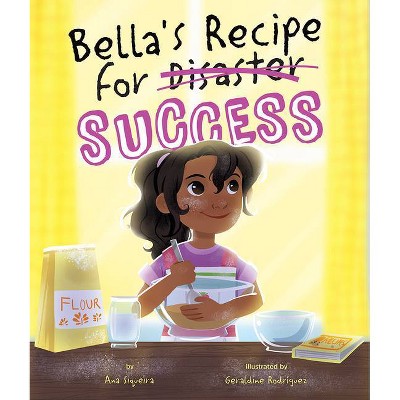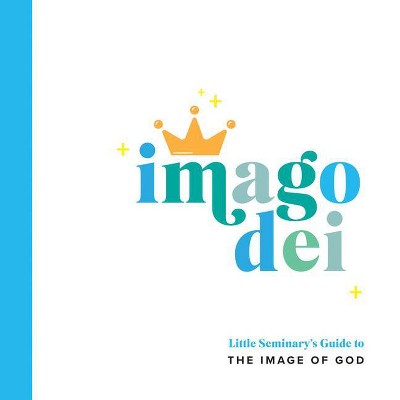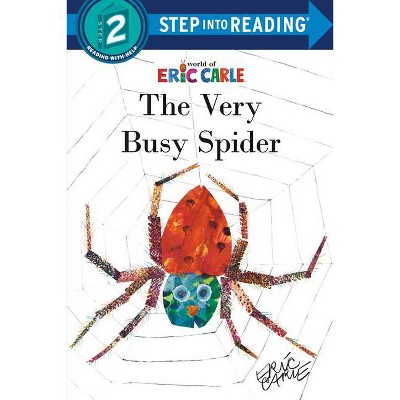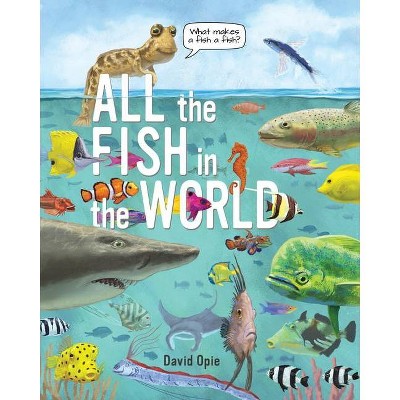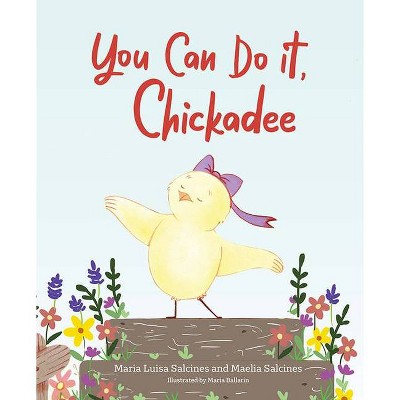Alligator Seder - by Jessica Hickman (Board Book)
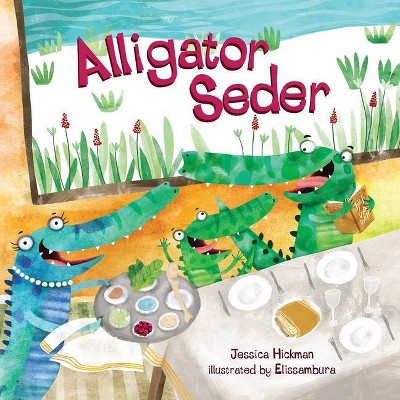
Similar Products
Products of same category from the store
AllProduct info
<p/><br></br><p><b> About the Book </b></p></br></br>Illustrations and simple, rhyming text reveal the Passover preparations and seder celebration of a family of alligators in a Florida swamp.<p/><br></br><p><b> Book Synopsis </b></p></br></br><p><em>They look for bits of chametz. They're good investigators. <br /> They're really just like you and me-- except they're ALLIGATORS.<br /> </em><br /> A whimsical alligator family celebrates Passover.</p><p/><br></br><p><b> Review Quotes </b></p></br></br><br><p>Alligator family and friends gather for a Passover Seder. In the Florida Everglades, three alligators, likely a mother and a father-and-son duo who both wear kippot, prepare for the holiday meal by laying out a Seder plate, hunting for chametz, and putting the gefilte fish on the table. A trio of 'gator guests' arrive, two adult gators with a toddler in tow, bearing wine. The celebration continues with the lighting of the candles, the blessing of the wine, the four questions, the telling of the Passover story, eating matzah, and the hunt for the afikomen. 'Gator' conveniently makes a pleasant sonic echo with 'Seder, ' helping to propel the quatrains along: 'It's time for The Four Questions, / asked by Baby Gator. / Then comes the Passover story, / as at every family seder.' The gators are a happy bunch with expressive eyes and perpetual if toothy grins in Elissambura's jewel-toned images dominated by blues and greens. Just enough Seder traditions are presented for a toddler audience, but few details of the Passover story are described. Compositions are busy and frequently presented in separate verso and recto layouts; combined with the lack of contrast, these design choices skew the audience somewhat older. A cheerful introduction to the holiday for youngsters, both reptile and human. -- <em>Kirkus Review</em></p>-- "Journal" (1/7/2020 12:00:00 AM)<br><br><p>Alligator Seder is written by Jessica Hickman and illustrated by Elissambura. What a fun romp through a Passover meal! From a quick search for chametz, to the Seder plate, the Four Questions and even finding the Afikomen, this happy alligator family shares the joy of celebrating Passover with young readers. The alligators are adorable, the food looks good enough to eat, and there are even tiny kipot on the heads of the dad and son. Alligator Seder is definitely a book to enjoy now, and to revisit on Passover. -- <em>Marcia Berneger, San Diego Jewish World</em></p>-- "Website" (6/30/2020 12:00:00 AM)<br><br><p>Florida alligators celebrate the Passover Seder in the Everglades with customary foods and the Four Questions. The watercolor artwork is quite attractive, but one wonders why these are alligators and not people, even though they wear little yarmulkes. This may work best with families already familiar with Passover practices. -- <em>BayViews</em></p>-- "Journal" (2/3/2020 12:00:00 AM)<br><br><p>Here is a rhyming Passover board book with a funny story that features Jewish alligators in Florida. The seder rituals are highlighted as a large family of alligators celebrates Passover in the swampy Everglades. They apparently live in a regular house, wear kippot or pearl necklaces and look under their fine furniture for chametz before the seder begins. They also enjoy gefilte fish, of course. Kids will get a kick out of the rhymes and the silliness. -- <em>Lisa Silverman, Library Director, Burton Sperber Jewish Community Library, Los Angeles, CA</em></p>-- "Magazine" (2/19/2020 12:00:00 AM)<br><br><p>In 'Alligator Seder, ' a family of alligators in the Florida Everglades gets ready for Passover seder. The gators set the table, welcome guests, read from the Haggadah, perform the seder rituals, eat the festive meal and look for the afikomen. Young readers will enjoy this rhyming, whimsical Passover tale for ages 1 to 4. -- <em>Bob Jacob, Co-Editor, CJN</em></p>-- "Newspaper" (4/3/2020 12:00:00 AM)<br><br><p>Join the fun with a family of friendly Florida gators who are preparing for Passover in the Sunshine State. In rhyming verse they hunt for chametz, recite the Four Questions and crunch their matzah. -- <em>Penny Shcwartz</em></p>-- "Newspaper" (4/3/2020 12:00:00 AM)<br><br><p>This board book by first-time author and native Floridian, Jessica Hickman, chronicles a family of alligators as they prepare-for and celebrate Passover. </p> <p>The book incorporates an A, B, C, B end rhyming pattern. For example: </p> <p>A Every year in Florida, </p> <p>B Our favorite sunshine state, </p> <p>C A very special family </p> <p>B takes out its Seder plate. </p> <p>The book also includes information about alligators such as their habitat and their physical features. It states, '. . . Her cooking is the best in the entire Everglade. . . Their many extra teeth make for an even louder crunch. The meal is being served now, and the gators start to chomp. The delicious smells of dinner go drifting through the swamp'. </p> <p>The illustrator used layers of vibrant color and texture to create cartoon alligators and their swampy environment. The simple, yet playful illustrations depict alligators completing traditional aspects of the Passover Seder. This includes searching for chametz, setting the Seder table, giving the youngest person the honor of reading The Four Questions, telling the Passover story, and searching for the Afikomen. </p> <p>This educational and entertaining board book provides a window into the Passover traditions of a Jewish family. However, it is different from other stories about families celebrating Passover, because this family is not human, they are alligators. It is not unusual for children's books to include anthropomorphic characters. The non-human nature of the characters makes the book whimsical and fun. </p> <p>Alligator Seder authentically and accurately includes Jewish religious and cultural vocabulary such as: Seder plate, chametz, gefilte fish, Mama lights the candles, Papa blesses the wine, '. . . the gators all recline. . . ', The Four Questions, Passover Story, matzah, afikomen, it meets the requirements to be considered for the Sidney Taylor Book Award. Its concise story, simple illustrations and the low number of pages (10) make it appropriate for the intended audience of 1-4 year-olds. I recommend for it to be included in a religious school library or for it to be gifted to an individual child for Passover.' -- <em>Lila Spitz, Sydney Taylor Shmooze Blog</em></p>-- "Blog" (6/4/2020 12:00:00 AM)<br><br><p>This book shows some alligators celebrating Passover. It shows how humans often celebrate it with alligators instead. It takes place in a state in the U.S. that alligators are often found in. One of the most important parts of Passover, unleavened bread (matzah), is brought into the story and the alligators show how they love to eat it and other foods during Passover. Other parts of Passover are brought into the story that are not about food, also. This story shows alligators being kind (to each other at least) so it might be helpful to explain to them that alligators are not usually as kind as they are in this story and that they can bite humans if they come near them. I like that this story brings one kind of food into that I didn't know is served in some households during Passover. I also like that it brings one of The Four Questions that are often asked during Passover into the story. That might prompt children to ask what the other questions are. -- <em>Jill Harris</em></p>-- "Blog" (3/6/2020 12:00:00 AM)<br><br><p>Using her native Florida background as a setting, Jessica Hickman calls upon alligator characters to introduce young children to Passover. In just 12 pages, preschoolers learn about basic Seder rituals. Elissambura's playful and whimsical blue and green alligators will keep non-readers engaged while parents mention holiday words such as Seder, chametz, gefilte fish, The Four Questions, matzah, and afikomen. Parents can draw attention to the chronological sequence of the story and also use the rhyming word formations to help older preschoolers second guess the last word of sentences. This sturdy square board book (6.5 X 6.5 inches) is a welcome addition to a family's Seder table. -- <em>Sandra Bornstein</em></p>-- "Blog" (4/1/2020 12:00:00 AM)<br>
Price History
Cheapest price in the interval: 6.69 on October 28, 2021
Most expensive price in the interval: 6.69 on December 20, 2021
Price Archive shows prices from various stores, lets you see history and find the cheapest. There is no actual sale on the website. For all support, inquiry and suggestion messages communication@pricearchive.us
